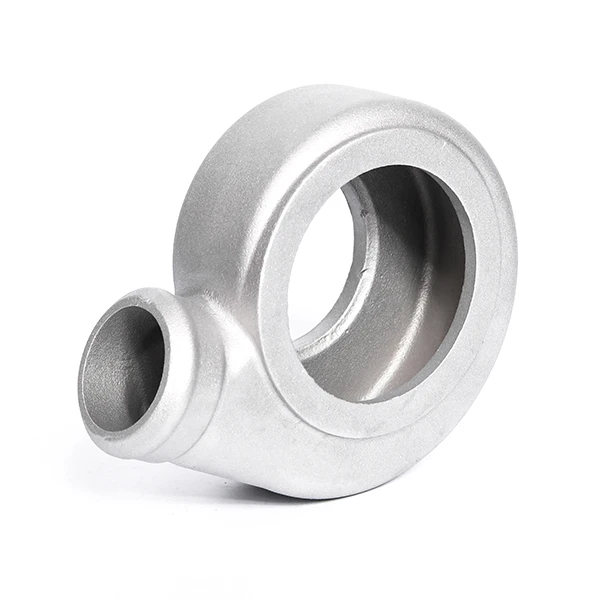Mobile:+86-311-808-126-83
Email:info@ydcastings.com
Exploring the Importance of Impellers in Fluid Dynamics and Engineering Applications
The Impeller A Vital Component in Fluid Dynamics
The impeller is a crucial component in various machines and systems that handle fluid dynamics, playing a significant role in both industrial applications and everyday devices. Found in pumps, turbines, and compressors, the impeller is designed to convert rotational energy into fluid movement, effectively enhancing the efficiency of fluid transportation and processing.
At its core, an impeller consists of a rotating disk or a series of blades that impart momentum to the fluid. When the impeller spins, it creates a pressure difference that draws the fluid into its center and forces it outward through the blades. This movement not only propels the fluid but also increases its velocity and pressure, making it essential for systems requiring fluid transport over long distances or at high pressures.
There are several types of impellers, each tailored to specific applications. For instance, centrifugal impellers use radial forces to move fluid outward, making them ideal for pumps in many industries, including water treatment, chemical processing, and HVAC systems. Axial impellers, on the other hand, draw fluid parallel to the axis of rotation and are commonly found in propellers and fans. Mixed-flow impellers combine elements of both designs, allowing for a more versatile approach in fluid handling.
the impeller

The efficiency of an impeller is influenced by various factors, including its design, the fluid's viscosity, and the operating conditions. High-efficiency impellers can significantly reduce energy consumption, leading to cost savings and enhanced performance. Engineers meticulously design impellers using computer-aided design (CAD) tools and computational fluid dynamics (CFD) simulations to optimize their shapes and sizes for maximum efficiency in their intended applications.
In recent years, there has been a growing focus on the environmental impact of machinery. The development of advanced impeller designs aims to enhance energy efficiency while minimizing energy consumption. Innovations such as variable-speed impellers allow systems to adjust their performance based on demand, optimizing energy use and reducing waste. These advancements align with global sustainability goals by promoting more efficient industrial processes and reducing carbon footprints.
In addition to traditional applications in pumps and turbines, the principles behind impeller design have extended to other fields, such as aerospace and automotive industries. Designers are increasingly exploring ways to integrate impeller technologies into propulsion systems and energy recovery devices, leading to a more comprehensive approach to fluid dynamics.
In conclusion, the impeller is a vital component in many fluid systems, driving efficiency and performance across a range of applications. Its design and operation are the result of extensive engineering research and technological advancements, reflecting the ongoing quest for improved efficiency and sustainability in fluid dynamics. As industries continue to evolve and seek environmentally friendly solutions, the importance of innovative impeller designs will undoubtedly increase, paving the way for more efficient and sustainable practices in fluid management.
-
Why Is Choosing the Right Motor Housing Critical for Engine Performance?NewsJul.18,2025
-
Which Impeller Types Best Optimize Your Pump’s Efficiency?NewsJul.18,2025
-
Optimize Maintenance Efficiency with Durable Oil Catch SolutionsNewsJul.18,2025
-
Maximize Pump Performance with Precision-Engineered ComponentsNewsJul.18,2025
-
Elevate Industrial Flow Systems with Precision-Engineered ComponentsNewsJul.18,2025
-
Boost Durability and Functionality with Precision Power CastingsNewsJul.18,2025











